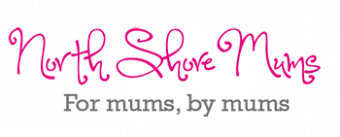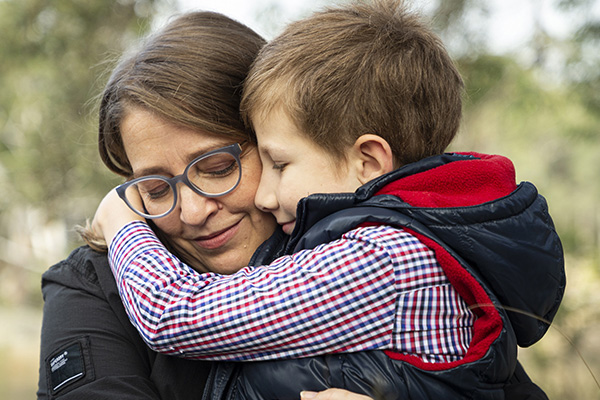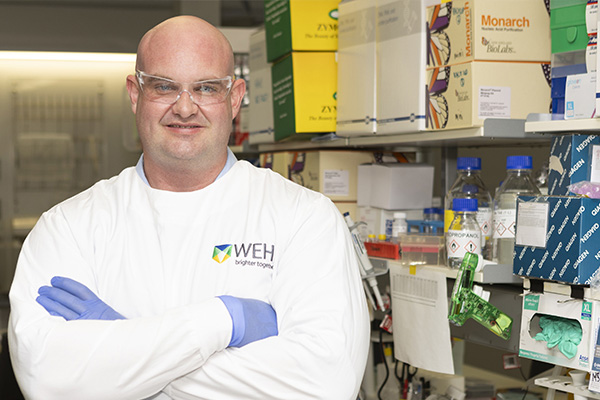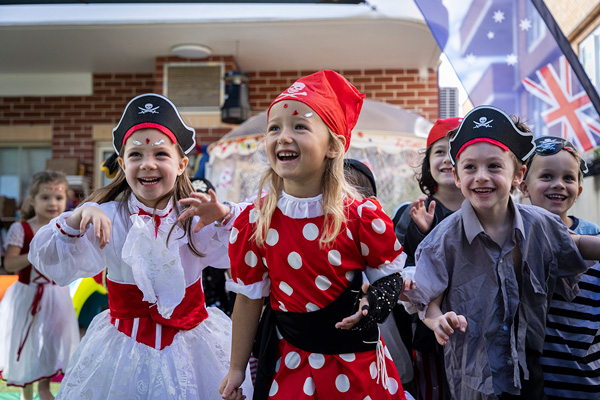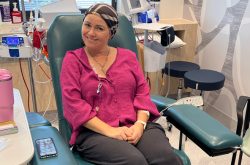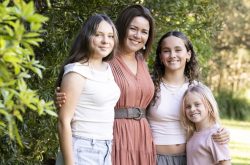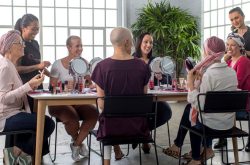The Kids’ Cancer Project’s annual Pirate Day is back, charting a course for a world without brain cancer! On Friday 16 May, schools, workplaces, and early learning centres across Australia will dress up as pirates and raise funds for critical childhood brain cancer research. Pirate Day has raised over $700,000 since its inception in 2014, and this year, you can help make an even bigger impact.
What is Pirate Day?
Held during Brain Cancer Awareness Month, Pirate Day aims to raise funds for vital kids’ brain cancer research. Early learning centres, schools and workplaces across the country register, dress up as pirates, and ask their community for treasure to change the lives of kids with brain cancer.
Pirate Day was founded by Nathan Colgan in 2014 following his son Conor’s diagnosis of brain cancer. After being told that research was the only way to change the lives of kids with brain cancer, Nathan convinced Conor’s primary school to dress up like pirates for the first Pirate Day in 2014, inspired by Conor’s need to wear an eye patch.
“The funds raised on Pirate Day will give childhood brain cancer researchers the resources they need to find less harmful, more effective treatments. Brain cancer is an aggressive cancer that affects many Australian families. Pirate Day is one way that we can help these families by finding better treatments to ensure their kids survive and thrive.” – The Kids’ Cancer Project CEO, Owen Finegan.
Why Pirate Day Matters
Brain cancer is one of the hardest and most aggressive cancers to treat. Approximately 120 Australian children and adolescents are diagnosed with brain cancer each year. Sadly, children under five have a survival rate of just 55%.
The brain is hard to penetrate with chemotherapy and radiation, and quite often this leads to permanent side effects.
Marion Corbett’s 13-year-old son, Fred, received treatment for medulloblastoma, a cancerous brain tumour. Fred has a number of challenges resulting from his diagnosis and treatment.
His mum, Marion, explains that these challenges are why she is such a staunch advocate of finding less harmful, more effective treatments.
“There’s immunotherapy for a few cancers now, but for brain cancer, they’re still going at it with what I’d call a bit of a blunt instrument.
“The younger you are, the worse the impact—especially when it comes to radiation on the brain. When cancer affects the brain, it affects everything—quality of life, capacity and independence.”
Dr Ryan Cross is a Melbourne-based childhood brain cancer researcher funded by The Kids’ Cancer Project. Ryan is hoping to turn DIPG into a manageable condition via providing effective, safe and personalised treatments to kids with the disease. Ryan says:
“I think Pirate Day is a lemonade from lemons situation. We’re taking something which is quite common – the physical impediments of brain cancers – and looking to raise awareness.”
How you can make a difference
Signing up for Pirate Day is simple. Register your ELC, workplace, office, or school at pirateday.com.au, plan your day, share your fundraising page, and start gathering that vital treasure!
If you can’t dress up or participate, you can always donate! Head to pirateday.com.au/donate to help kids with brain cancer by generously giving.
